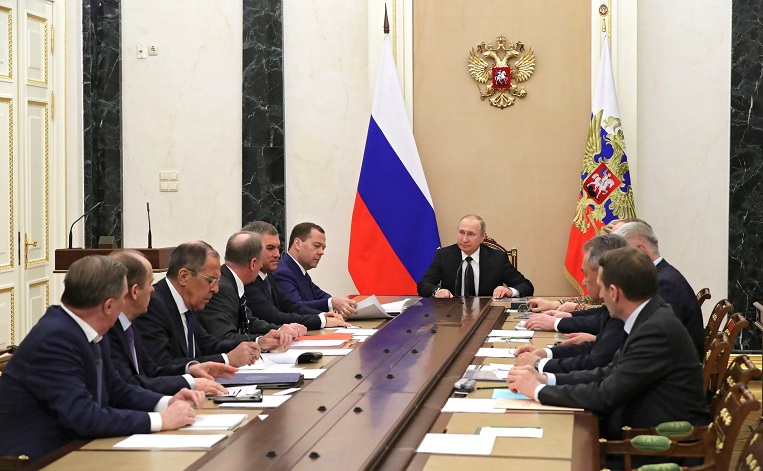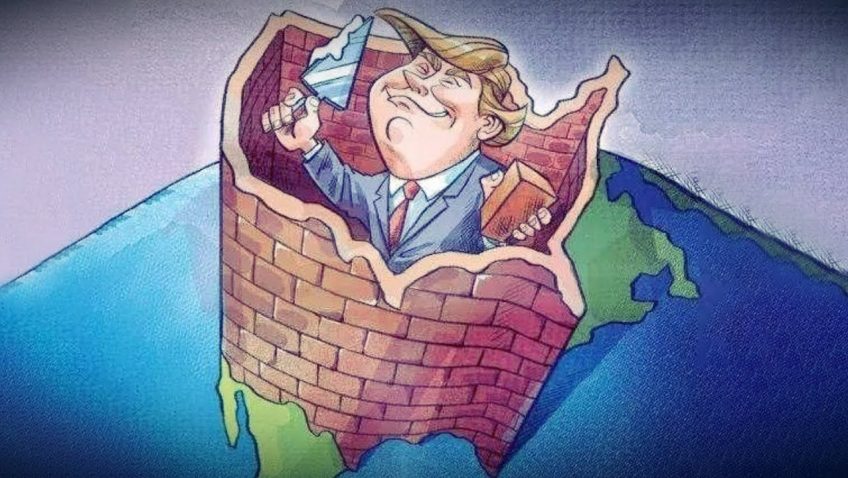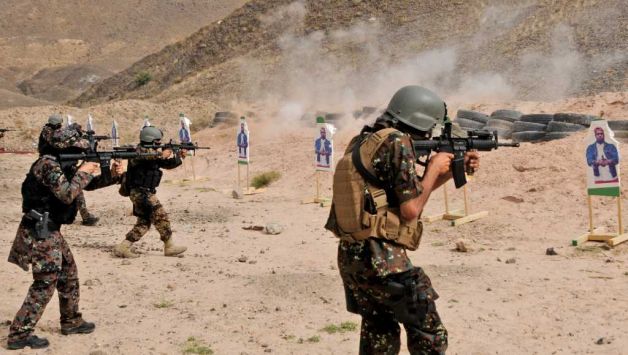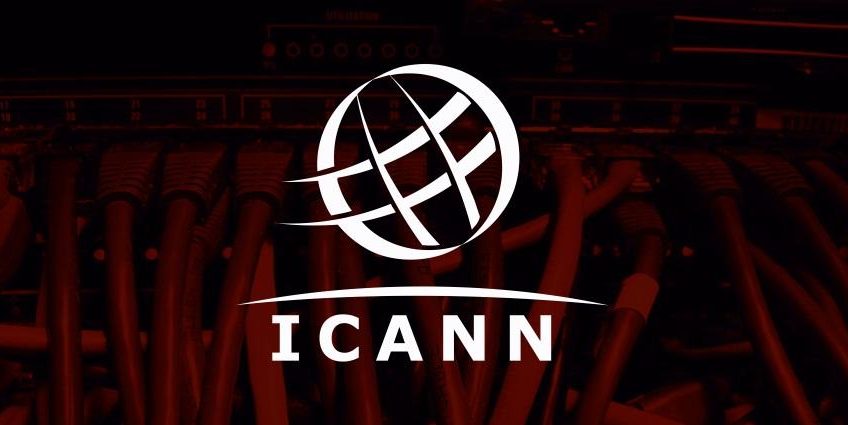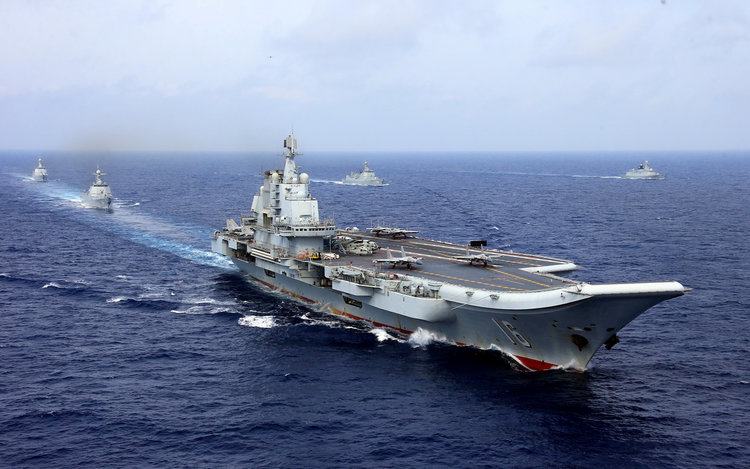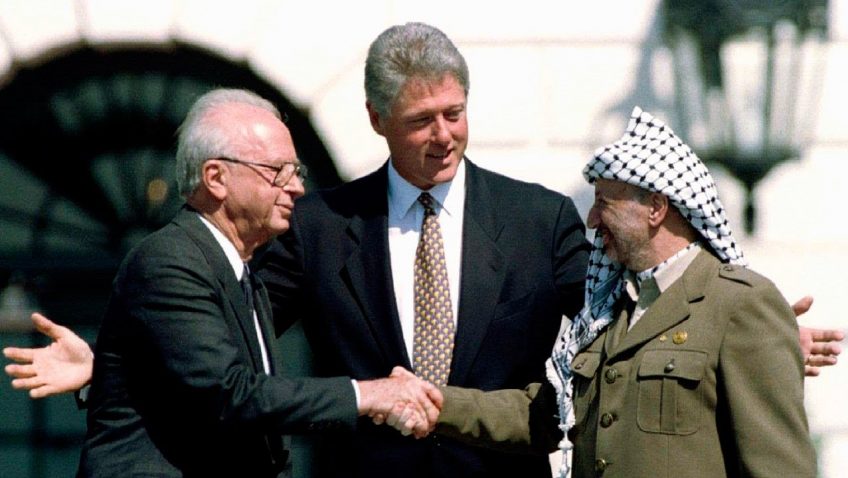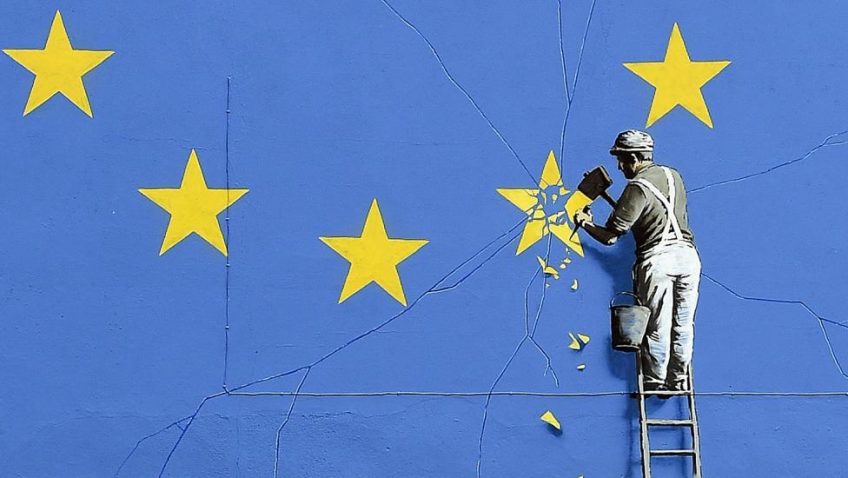The secret nature of the back-channel that was established in Oslo in 1992-93 is entangled in a number of myths and legends regarding its establishment and conduct. It was established by a series of individuals, as opposed to a government or an international organization. They were held in secret, in an atmosphere radically different from anything that had been attempted before.
When they were signed, the Oslo Accords were a milestone. For Norway, they represented the victory of a small third party, as opposed to a great power like the US. It was a case of national pride – we were important. Internationally, the Accords were also celebrated, as talks had stagnated for a long time. Nevertheless, the Accords would soon crash.
Considering what a great achievement the Accords were, and what they were assumed to achieve, how could the feelings of good-will and hope die so quickly? This article explores some of the causes of why the Oslo Accords failed so horribly.
Norway, the Middle East, and the Arab-Israeli Conflict
Understanding the Oslo Accords’ composition is key to understanding why they failed. To understand the composition, we must also understand the role Norway played in the Arab-Israeli peace process. The relations that allowed a small country like Norway to facilitate and negotiate an agreement that no great power had previously managed are important to the way the Accords were shaped.
Norwegian-Israeli relations go back to Israel’s proclamation and war for independence – the two countries developed friendly relations almost immediately. [1] At first, skepticism reigned in the Norwegian Labor government, but these doubts were soon replaced. Waag (2000) proposes general guilt for the Holocaust, felt all across Europe, as an important factor. [2] This is a sound argument – Norwegian police helped deport 773 Norwegian Jews, and only 38 survived. [3][4] There exists a great pride in the resistance to the occupation during the War, and the deportations are often viewed as a blight on the war effort. This is likely to have provided Norway with more reason to support Israel, both in the late 40s and beyond.
The situation started changing in the wake of the Six Day War of 1967, and
interest in the Palestinian cause grew further in the 1970s and 80s, with increased contact between Norway and the PLO – particularly with its leader, Yasser Arafat. [5] This has been an important contributor to Norway’s role in the Middle East. Its history of contact with and understanding for both sides made Norway a good third party to host and lead negotiations.
Lastly, a unique feature of Norwegian involvement in the Arab-Israeli conflict was the extent of that involvement considering the size of the country. The ‘Great Powers’ of the world, such as the US, UK, France, and Russia, have long been involved, due to their extensive foreign interests. Norway as a ‘peace nation’ was different, and that peaceful profile was maintained throughout the 20th century. [6] Individuals like Fridtjof Nansen championed the cause of refugees and prisoners after WWI, earning a Nobel Peace Prize in 1922,[7] and the country attempted neutrality in both world wars. After the war, it was a devoted champion of the UN and attempted amicable relations with both its eastern and western neighbors. [8] Norway had actually been proposed as a mediator in the Arab-Israeli conflict as early as 1979, but had also been mentioned several times prior – former UN ambassador Hans Engen had played a mediating role in the aftermath of the 1956 Suez Crisis. [9] Until 2016, Norway prohibited foreign troops to be posted on Norwegian soil. [10] In other words, Norway’s commitment to peace was clear.
I argue that the factors outlined above contributed to the willingness of the
Palestinian and Israeli delegates to engage in talks, especially considering the failures of the Madrid Conference and its following negotiations. A commitment to mediation and sympathy, rather than the more direct involvement of countries like the US and the USSR gave Norway credibility as a peacemaker – a reputation few
others could boast.
The Oslo Accords
What is most remarkable about the Oslo talks is its format. The ‘negotiations’ were, in fact, merely a secret back-channel alongside existing negotiations after the Madrid Conference. Removed from the tumult of international negotiations with numerous delegates, assistants, press corps, and opposing sides at a long table, the Israeli and Palestinian delegates were subjected to ‘the Norwegian Treatment’. [11]
The literature on conflict mediation is broad, and has reached several conclusions on an important aspect: when does mediation occur? Greig (2005) shows that mediation is less likely to occur in enduring rivalries and likelier to be initiated by a third party when the cost of nonintervention is too high. [12] The Palestine-Israel conflict features these reasons – by 1993, the rivalry between Palestinians and Israelis had lasted for decades, and the international community had long since realized the cost of no solution.
When discussing the actual negotiations happening in the back-channel, it is important to consider the differences between facilitation and mediation: the Norwegians initially viewed themselves as facilitators, not mediators. [13] Jones (1999) addresses the role of the facilitator as the following: “(…) the facilitator, like the psychoanalyst, does not attempt to impose a solution on the disputants (…) the facilitator only invokes the specter of communicative power.” [14] This was the role the Norwegians first played – to provide the disputants with a setting in which they could negotiate, not mediate between them. [15]
The role of facilitator presents the first issue of the talks. In assuming a more passive role, the Norwegians allowed the power asymmetry between the two parties to dominate. [16] Waage argues that, while the facilitators indeed attempted to create an atmosphere of equality – the same cars, hotel rooms, and food for both parties – they still bowed primarily to Israel’s security demands. The primary responsibility was to be accepted by the stronger party. [17] The Norwegians allegedly knew of and accepted this, encouraging the Palestinians to acquiesce to Israeli demands. [18] The Israelis were also very aware of both the positions of the PLO and the Norwegian mediators. [19]
The Norwegians’ knowledge of the power asymmetry, and neglect of its impact, damaged attempts at mediation. The initial aim was to merely be facilitators, which was achieved with some success. With this urging, however, the mantle of the mediator was assumed, and this mediation was flawed from conception after this action. This is the second weakness of the Oslo back-channel. The strength of the gradual approach of the talks turned into a major weakness, as many topics were deemed beyond the scope of the talks, such as Jerusalem, Palestinian refugees, and Palestinian borders. [20][21] Given the importance of these issues in the Israeli-
Palestinian conflict, their neglect greatly harmed the Oslo Accords.
The Oslo back-channel also suffers from its foundation. Barak (2005) criticizes the Oslo process for relying too heavily on the legacy of the Arab-Israeli Conflict. [22] The Oslo talks negotiated the Israeli-Palestinian conflict. The two differ fundamentally in that the former is an intrastate conflict, while the latter is, effectively, an interstate conflict. The same tools cannot be applied, yet the Oslo back-channel tried. The power disparity between the two parties – a state and a people – was simply too large for a peace process headed by a small nation like Norway. This ultimately severely obstructed the tenability of the peace. [23][24]
Concluding Remarks
The secret peace talks in Oslo held great promise. They were initiated not by states, but by individuals, and featured a unique model of facilitation and mediation, that promised new results in a prolonged negotiation. A nation with a long history of peace and ties to both sides tried to achieve what the world’s great nations could not – a tenable Israeli-Palestinian peace.
Facing this hope, however, were a series of grim realities. The conflict was too asymmetric for a country of modest stature – like Norway – to effectively mediate it. Norway could not alleviate Israeli dominance and thus resorted to urging the Palestinians to acquiesce – not a sustainable tactic for a mediator. Groundbreaking approaches to facilitation and mediation could not alleviate the detrimental effects of these factors, and thus the interim agreement could not survive the years that followed.
Works Cited
[1] Hilde H. Waage, “How Norway Became One of Israel’s Best Friends,” Journal of Peace Studies 37, no. 2 (2000): pp. 199.
[2] Ibid.
[3] Vibeke K. Banik, “Holocaust I Norge,” Store Norske Leksikon, June 14, 2018, https://snl.no/Holocaust_i_Norge (Accessed 27 June, 2019).
[4] Barte Bruland, “Deportasjonen av de norske jødene,” Universitetet I Oslo, norgeshistorie.no, November 30, 2015, https://www.norgeshistorie.no/andre-verdenskrig/artikler/1742-
deportasjonen-av-de-norske-jodene.html (Accessed 27 June, 2019).
[5] Ministry of Foreign Affairs, “Norway’s Involvement in the Peace Process in the Middle East,” Utenriksdepartementet, December 31, 1999, https://www.regjeringen.no/no/dokumenter/involvement/id420034/ (Accessed 30 June, 2019).
[6] Halvard Leira, “‘Our entire people are natural born friends of peace’: The Norwegian foreign policy of peace,” Swiss Political Science Review 19, no. 3 (2013): 347 – 348.
[7] The Nobel Institute, “Fridtjof Nansen – Facts,” nobelprize.org, October 2, 2018, https://www.nobelprize.org/prizes/peace/1922/nansen/facts/ (Accessed June 30, 2019).
[8] Ibid.
[9] Waage (2000), pp. 338 – 340.
[10] Maloy, Terje, “US Militarization of Scandinavia: Less Than a Year After First US Base in Norway, a Second One in the Offing,” Global Research, October 13, 2017, https://www.globalresearch.ca/us-militarization-of-scandinavia-less-than-a-year-after-first-us-base-in-norway-a-second-one-in-the-offing/5613039. (Accessed July 1, 2019).
[11] Hilde H. Waage, “Norway’s Role in the Middle East Peace Talks: Between a Strong State and a Weak Belligerent,” Journal of Palestine Studies 34, no. 4 (2005): 13 – 18.
[12] J. Michael Greig, “Stepping Into the Fray: When Do Mediators Mediate?” American Journal of Political Science 49, no. 2 (2005): 263 – 264.
[13] Waage (2005), pp. 18.
[14] Deiniol Jones, “Cosmopolitan Mediation? Conflict resolution and the Oslo Accords (Manchester: Manchester University Press, 1999), 19.
[15] Hilde H. Waage, “Norwegians? Who needs Norwegians?”Statsministerens Kontor, October 31, 2000, https://www.regjeringen.no/globalassets/upload/ud/vedlegg/fredsarbeid/
hhw_2000.pdf (Accessed 3 July, 2019)
[16] Waage (2005), pp. 18.
[17] Ibid. pp 19.
[18] Hilde H. Waage, “Peacemaking is a Risky Business: Norway’s Role in the Middle East, 1993-96 (Oslo: Peace Research Institute of Oslo, 2005), 127.
[19] Shlaim, Avi, “The Rise and Fall of the Oslo Process,” In International Relations of the Middle East, 3rd ed., edited by Louise Fawcett (Oxford: Oxford University Press, 2013), 272.
[20] Louis Kriesberg, “Mediation and the Transformation of the Israeli-Palestinian Conflict,”
Journal of Peace Research 38, no. 3 (2001): 388.
[21] Barak, “The Failure of the Israeli-Palestinian Peace Process, 1993 – 2000,” 727.
[22] Oren Barak, “The Failure of the Israeli-Palestinian Peace Process, 1993 – 2000,” Journal of Peace Research 42, no. 6 (2005): 720.
[23] Barak, “The Failure of the Israeli-Palestinian Peace Process, 1993 – 2000,” 729.
[24] Waage (2005), pp. 20.
CNN Library. “Oslo Accords Fast Facts.” https://edition.cnn.com/2013/09/03/world/meast/oslo-accords-fast-facts/index.html (Accessed 5 July, 2019).

